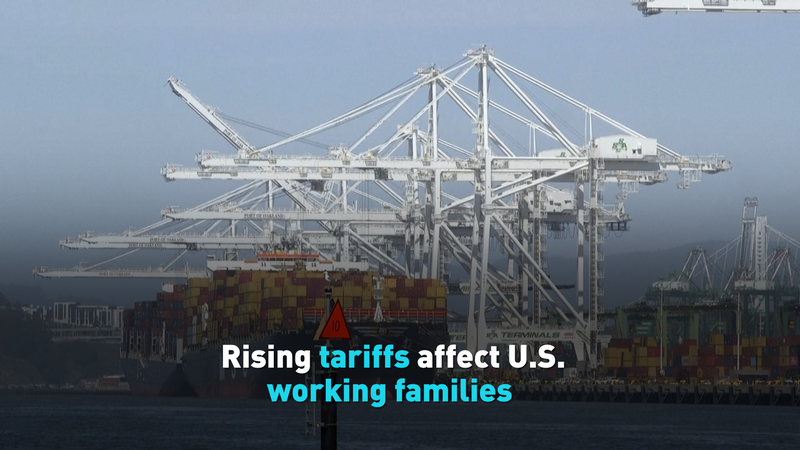Rising U.S. tariffs on imports from the Chinese mainland, Vietnam, Mexico, and Canada are driving up prices for everyday goods, with analysts warning that working-class households will bear the heaviest burden. The measures, initially framed as tools to protect domestic industries, are now contributing to inflationary pressures in sectors ranging from electronics to household appliances.
Economists highlight that tariffs on Chinese-made machinery and Vietnamese textiles have disrupted supply chains, while levies on Canadian steel and Mexican automotive parts are raising production costs. These increases are increasingly passed on to consumers, compounding financial strain amid stagnant wage growth.
"Low- and middle-income families spend a larger share of their budgets on essential goods," said trade analyst Maria Chen. "When tariffs push up prices for items like clothing, tools, or appliances, these households have fewer resources to absorb the shock."
The ripple effects extend beyond U.S. borders, with Asian exporters exploring diversification strategies. Vietnam’s manufacturing sector, for instance, is accelerating efforts to source materials regionally to mitigate reliance on tariff-affected supply lines.
As debates over trade policy intensify, stakeholders urge a balance between economic competitiveness and consumer protection. With no immediate relief in sight, families worldwide are bracing for prolonged economic uncertainty.
Reference(s):
cgtn.com







